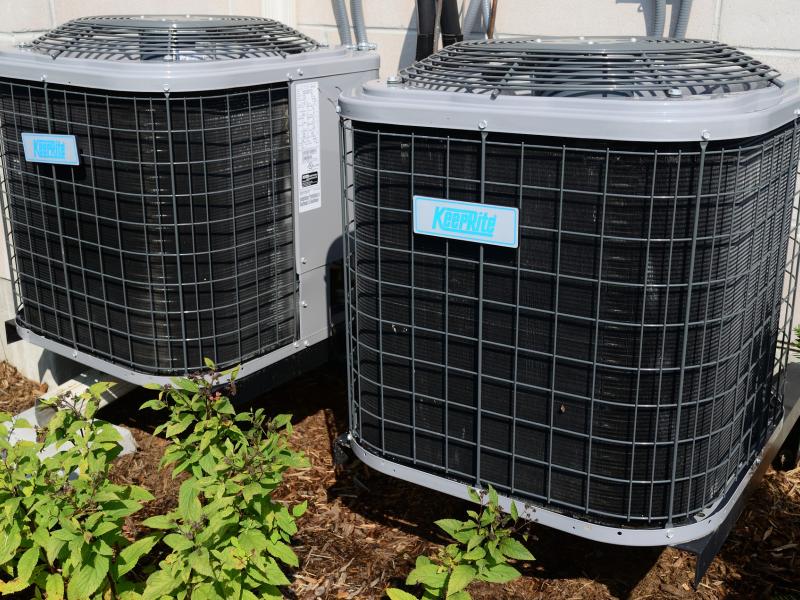
The warm weather of summer might be perfect for fun activities in the great outdoors, but it can also have the unfortunate effect of making the time spent inside your house less than pleasant. Of course, most of us can avoid this issue by running our trusty air conditioners, but doing so will cause a massive spike in your energy usage and costs. Luckily, there a number of strategies that you can use to make cooling your home more efficient and less expensive. Rather than simply blasting the A.C. 24/7, consider employing some of these tips and tricks as we enter the hottest months of the year.
Maintain your cooling system
No matter how efficient your air conditioner might be, it can't operate to its full potential without proper maintenance. One often overlooked piece of the puzzle is the unit's air filter, which prevents dust and other debris from circulating around your home. Depending on the system and its usage, you should clean or replace the filter every 1-3 months. The difference in energy usage between a clean filter and a dirty one could be as much as 15%! You should also pay attention to the outdoor area around the condenser; remove any debris or foliage that might be blocking air flow around the unit's coils and vents.
Be smart with the thermostat
Some people set their thermostat to 70 degrees or even lower, but this is entirely unnecessary in the vast majority of cases. Instead, set the temperature to the highest level at which you feel comfortable; typically, somewhere in the mid-to-upper 70s will suffice. You can generate significant savings by raising this setting during the day when you are away at work and then bringing it back to the normal setting once you return. Some people tend to crank up the A.C. when they first get inside from the heat, but this won't necessarily cool off you or your home any faster. To make the process simple, install a smart thermostat that will automatically adjust the temperature setting according to your schedule and preferences.
The A.C. isn't your only tool
Don't rely solely on the A.C. unit to do all the cooling in your home; instead, be sure to utilize ceiling fans and natural ventilation (AKA windows) as well. Although fans don't actually make the room cooler, they do make you feel colder due to the wind chill effect. In fact, a ceiling fan can allow you to raise the temperature setting by up to 4 degrees while still feeling the same level of comfort. Of course, you'll want to remember to turn these fans off whenever you leave a room. Opening windows is a simple but effective alternative to air conditioning during cool summer nights and mornings.
Block direct sunlight
You might be tempted to allow all that beautiful summer sun to come beaming into your home, but this will have the unfortunate side effect of raising the temperature inside. To make cooling more efficient, keep blinds and curtains closed. You could also plant trees or shrubs in positions that will block sunlight from striking your house during the hottest portions of the day.
Avoid generating excess heat
Appliances such as ovens, clothes dryers, and dishwashers give off huge amounts of heat as they operate. To increase your comfort level on the hottest days, you should avoid running these devices at all; if you must use them, do so at night when temperatures are falling. This will reduce the load on the cooling system and save you money.
These are just a few strategies that can save energy and money during the hot summer months! For more information, check out energy.gov.

